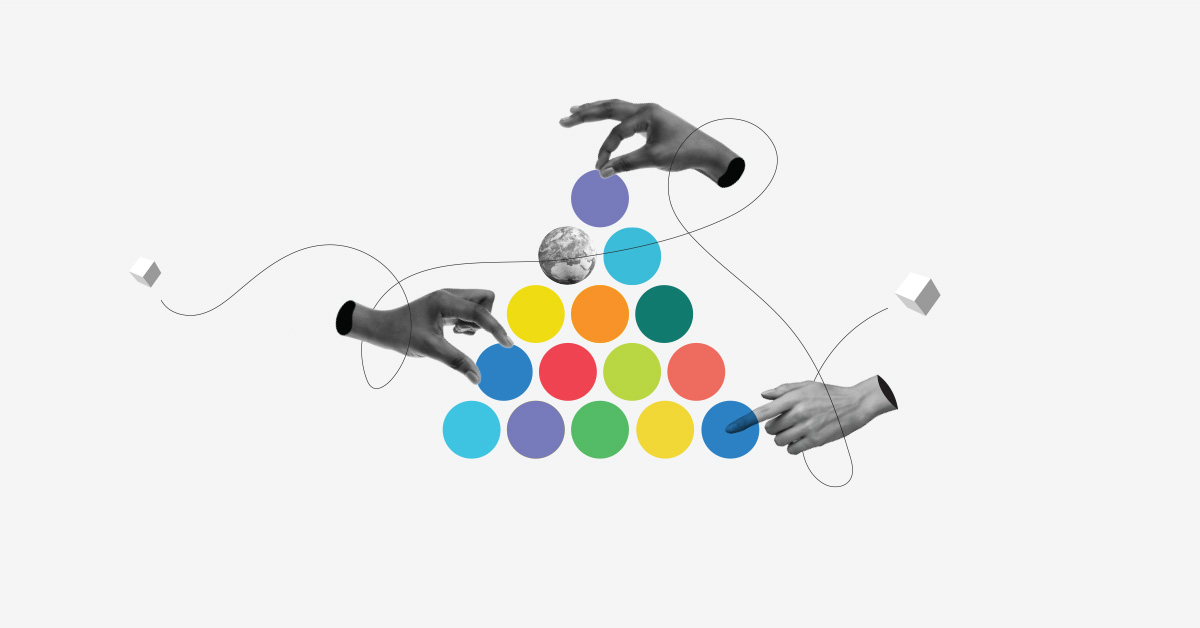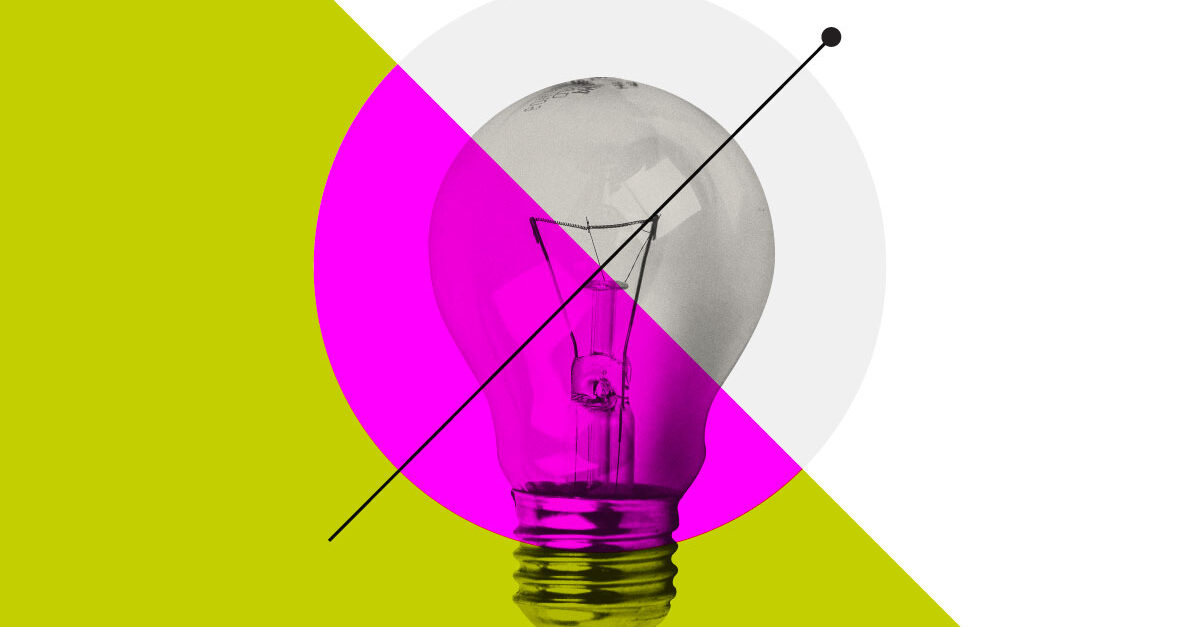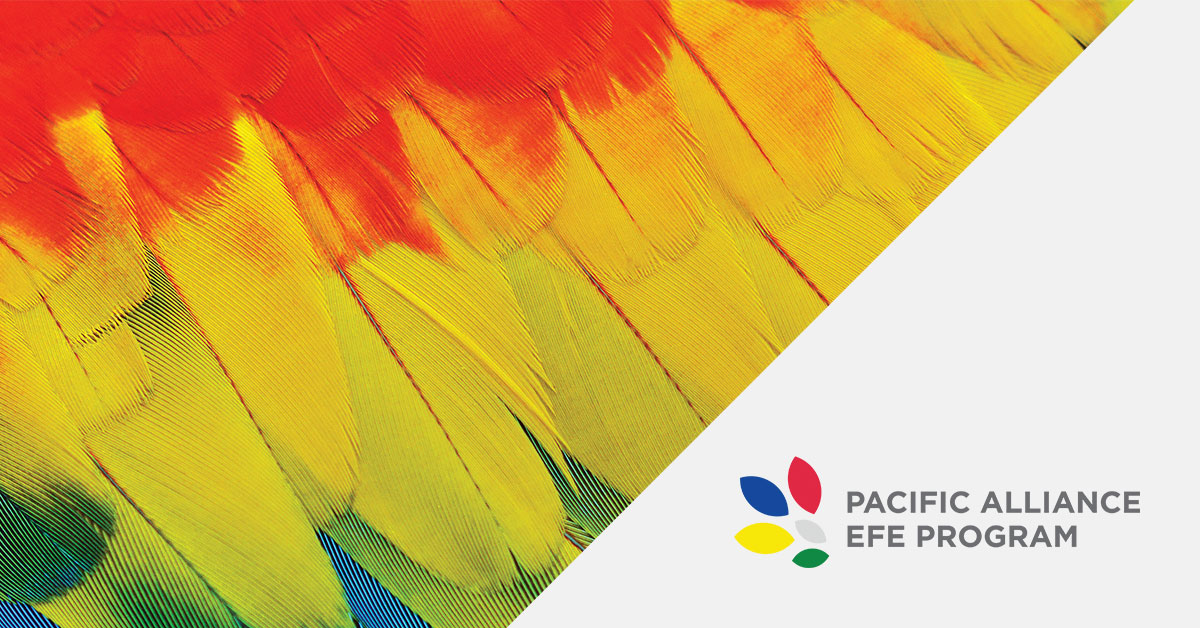International development is a concept that aims to reduce inequalities between countries, eradicate poverty, and contribute to a more peaceful, inclusive, and prosperous world. In our work, it revolves largely around education. By linking Canadian colleges and institutes with partners all around the world, we help transform post-secondary education and connect learners with employment-based training and the global skills they need to succeed.
We are the largest postsecondary network in the country. Around the world, our signature Education for Employment (EFE) approach pairs Canadian colleges and institutes with similar institutions in partner countries. The approach helps ensure that training meets the needs of local labour markets, communities, and learners and helps local institutions develop the capacity to sustain educational change long after the projects come to an end.
It’s a development cooperation strategy we have pioneered and tailored to success over 50 years. In the last decade alone, nearly 20,000 individuals have gained skills through the programs and courses we have co-developed and led.
- Our EFE projects are active in 15 countries across Africa, Latin America and the Caribbean. Each project contributes to all 17 of the Sustainable Development Goals (SDGs) by empowering all people to achieve their full potential through equitable education in key sectors of the economy.
- Each one of our programs focus on SDG 4: Quality education, SDG 5: Gender equality, SDG 8: Decent work and economic growth, SDG 10: Reduced inequalities, SDG 13: Climate action, and SDG 17: Partnerships for the goals. And we want to do more.
We have a bold vision for international education and development. Our new three-year International Strategy works to futureproof the Canadian college and institute network through internationalization and global engagement.
And, to continue to support a futureproof global labour market, we recommended the federal government increase support for developing countries to build capacity in their skills systems, recognizing the critical role education and training play in achieving the SDGs. Read our recommendations to the federal prebudget consultations.
- In everything that we do, we use the SDGs as a framework for collaboration to ensure that our actions contribute to positive change for people, communities, and the planet.
Next week is International Development Week (IDW)! It’s an opportunity to highlight the many important contributions that Canadians are making around the world. The theme, #GoForTheGoals, calls on us, on our members, and on Canadians to contribute to positive change from one side of the world to the next.
- Use IDW as an opportunity to act by signing the SDG Accord! As signatories, we maximize the impact of our efforts, share knowledge, hold each other accountable, and inspire each other to doing more.









